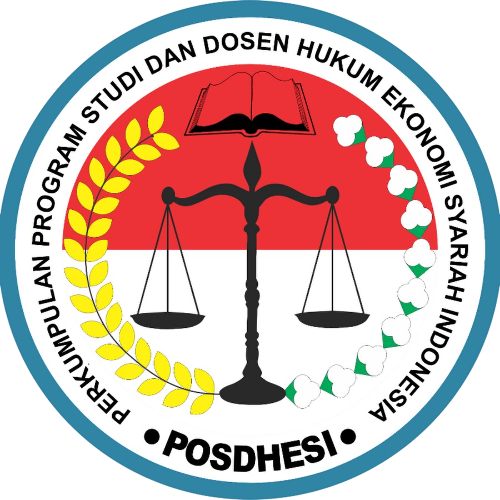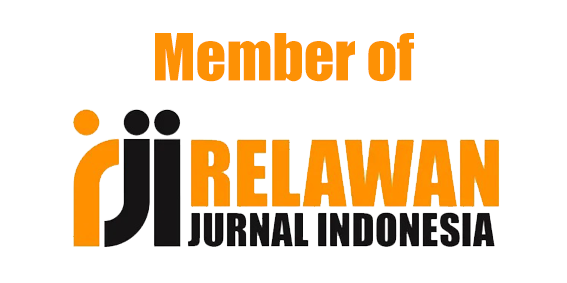QARDUL HASAN AND COMMUNITY EMPOWERMENT: LESSONS CAN BE LEARNED FROM THE TWO BEST PRACTICE LEADING COUNTRIES, INDONESIA AND MALAYSIA
DOI:
https://doi.org/10.24256/alw.v8i2.4083Keywords:
Qardul Hasan, Community, Empower, Society, PovertyAbstract
In Islamic Sharia, Qardul Hasan is a significant tradition of benevolent loans. In the Quran and Sunna, Allah and his messenger Mohammad maintain on giving Qardul Hasan. Some Islamic countries such as Indonesia and Malaysia have worked hard in recent years to use Qardul Hasan based on the principle of benefits to empower the community. However, according to Islamic Sharia, it is still Tabarru. To Use Qardul effectively and empower community, it is needed for it to manage and institutionalize. In Afghanistan, Qardul Hasan is still used classically and it has not been used in the principle of benefits for the development and empowerment of society. As a result, the purpose of this article is to propose a new model of Institutionalization Qardul Hasan for using it based on the principle of benefits to empower and alleviate poverty in Afghan society. This article conducted qualitative research that first examines Qardul Hasan from the perspective of Islamic Sharia. Second, for the practice of the theory some institutions from two leading countries such as Indonesia and Malaysia have been studied.
References
Al- Quran al Karim A Glossary of Islamic Economic Terms, see Dr. Mohammad Omar Farooq, Qard al-Hasan Applications and Misapplications of Some Concepts in Islamic Banking, paper was presented at Harvard Islamic Finance Forum, April 19-20, 2008. Abdullah Muhammad At Thayyar et.al, Al Fiqh Al Muyassar, 2004, Madar al Wathan Li An Nasyr, Riyadh, KSA, p.154
Abdullah, Sunan Ibn Majah, available at https://sunnah.com/urn/1325260.
Al Qarwany, Kifayah ath Tholib Ar Rabbani, Maktabah ats Tsaqafah al Diniyah,al Qahirah, 2/455.
Analysis report of Central Statistics Organization, Afghanistan Living Condition Survey 2016-17, https://washdata.org/sites/default/files/documents/reports/2018-07/Afghanistan%20ALCS%202016-17%20Analysis%20report.pdf. Last visited July7, 2020.
Asy Syarbiny. M bin Khateeb, Mughni al Muhtaj ila Ma’rifah Ma’ani al Alfadz al Minhaj, Mathba’ah al Baby al Halabi, Egypt,2/117.
Di Ajeng Laily Hidayati, Quranic Perspective on Poverty Alleviation, Lentera, Vol. IXX, No. 2, December 2015, 129.
Ibn Abidin. M Amin, Raddul Muhtar Ala Durrilmukhtar, Dar alkutub elmiah, Berut, 4/171.
Imad, Islamic Microfinance in Malaysia, Nuqtah.com (March 23, 2107) http://www.nuqhta.com/2017/03/23/islamic-microfinance-in-malaysia/. Last visited July 22, 2020.
Ismail. Ab Ghafar and Possuma. Bayu Taufiq, Qardhul Hasan Principles Applied to Micro Finance Facilities, Paper to be presented at the 2nd International Workshop in Islamic Economics Theory, 8-9 December 2010, Bangi, page 6.
Jomhornews, The Decree of President according Ghazanfar, http://www.jomhornews.com/fa/news/125797/. Last visited July 7, 2020.
Kindah. Hamid Al tarkawi, Al Qardul Ahasan, 2016, https://www.alukah.net/sharia/0/109152/. Last visited Nov 11, 2019.
Mohamoud-Yonis, Abdiqadir, Islamic Microfinance System and Poverty Alleviation in Somaliland, MPRA, June 2012, p 2.
Mubarrak, “Developing BMT as a Loss-Profit Sharing-Based Microfinance: An Indonesian Experience,†Ijtihad : Jurnal Wacana Hukum Islam Dan Kemanusiaan 18, no. 2 (2018): 137, https://doi.org/10.18326/ijtihad.v18i2.137-152.
Muhammad Nuruddin Urduniyah, al Qardh al Hasan Wa Ahkamuhu Fi al Fiqh al Islamy, 2010, Jamiah an Najah al Wathoniyah, Nablus, Palestine, p.12
Omid. Sayed Haidar Shah, 54 Percent of Afghans Live Below Poverty Line: Survey (06 May, 2018), https://tolonews.com/business/54-percent-afghans-live-below-poverty-line-survey.
Qazweeni. Ibn Maja
TamSha and Ihasanullah Ghafori, Investigating of Affected Livelihood by war in Herat, secure livelihoods research consortium, Page 28. https://areu.org.af/wp-content/uploads/2019/07/1903P-Afghanistan-informal-credit.pdf. Last visited Dec 13, 2019.
Wahbah Az Zuhaily, Al fiqh wa adilatuhu, undate, Dar al Fikr, Syria, 5/3786.

























